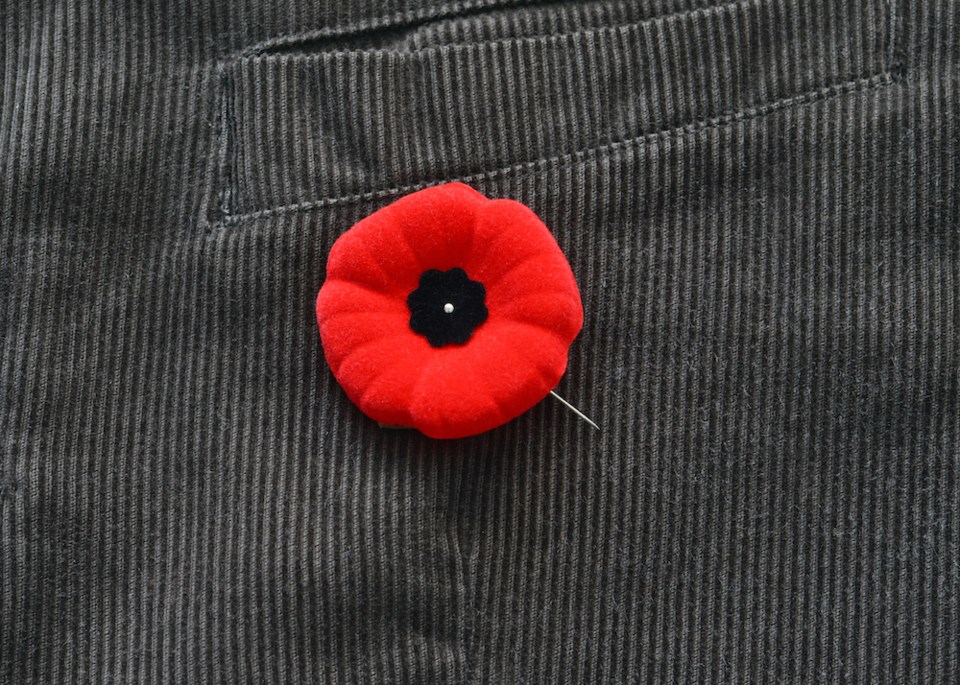There’s an expression “my enemy’s enemy is my friend.”
This can make for strange political bedfellows and uncomfortable alliances.
As a Canadian, I proudly wear my red poppy — no, not a white one or a purple one (yes, that’s a thing to honour animals lost in war) — and I try to take a few moments on Nov. 11 to remember Canada has sent young men and women to fight many wars far from home, hopefully always on the right side.
Most people agree the Second World War was a “just war” and we were “jus ad bellum” — justified in going to war.
However, while Canadians were fighting with the Allies against Nazi Germany, my ancestral family was in a very different war.
My ancestors were living in Finland and when the big bear from the east came crashing over the bog and through the forests across the border, it didn’t matter who this bear was allied with, it was the enemy.
So, in the end, to keep Russia at bay, Finland struck a deal with Nazi Germany.
The west, in the meantime, was allied with its own arch-enemy, Soviet Russia.
Again, strange bedfellows.
The first Finno-Russian war is called the Winter War (1939-40). Russia, fighting the Germans, wanted to protect Leningrad and claimed the Finnish border was too close for comfort.
This was their justification for attacking.
The brave Finns put up a good fight but the Russians far outnumbered them and, in the end, they had to concede defeat.
The second war is called the Continuation War (1940-44), when the Germans supported Finland in trying to regain land lost in the Winter War.
This was followed by the Lapland War (1944-45) whereby Finland expelled the Germans as part of a peace treaty with Russia, and the Nazis proceeded to burn town after town in northern Finland as they retreated to Norway.
When Finland was allied with Germany, the Nazis demanded they send Jewish refugees from Austria, who were hiding in Finland, to Germany, presumably to face the same fate as six million other European Jews.
Eight were sent, of whom seven perished in Auschwitz.
As a reparation, a group of Finns set up a moshav in Israel in the 1970s called “Yad HaShmona,” meaning “the eight” – symbolizing the eight Jews they sent to Germany.
(Strangely, many Finnish-Jewish soldiers fought alongside Germans in Finland with no conflict, and there was little anti-semitism in Finland, unlike in other European countries, despite prevailing strong nationalistic sentiments.)
My maternal grandfather was on the frontlines of the war with Russia — family stories are vague as to how long he was there and what he did during the war, but he wore a chest full of medals on Independence Day.
One of his brothers never returned home after the war, and another one had shrapnel in his brain until he died at the age of 99.
Like most people of my generation, I didn’t ask my grandfather any questions about the war, something I will always regret.
And many veterans can’t talk to civilians about what it’s like to serve, and we must respect that and sometimes just silently honour their service.
A volunteer with the Richmond Poppy Fund told me last week, “war stinks.”
I wear my poppy proudly, but I know better than to romanticize war.
It’s messy. It’s complicated. And, yes, it stinks and can leave lasting damage.
War is also highly political and fraught with conflicting interests.
Let’s just keep working to avoid sending any more of our young men or women to those frontlines that can steal their soul.


